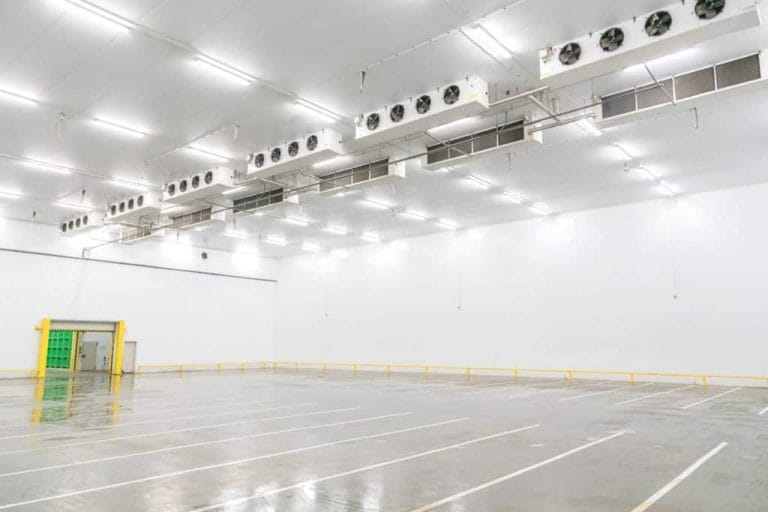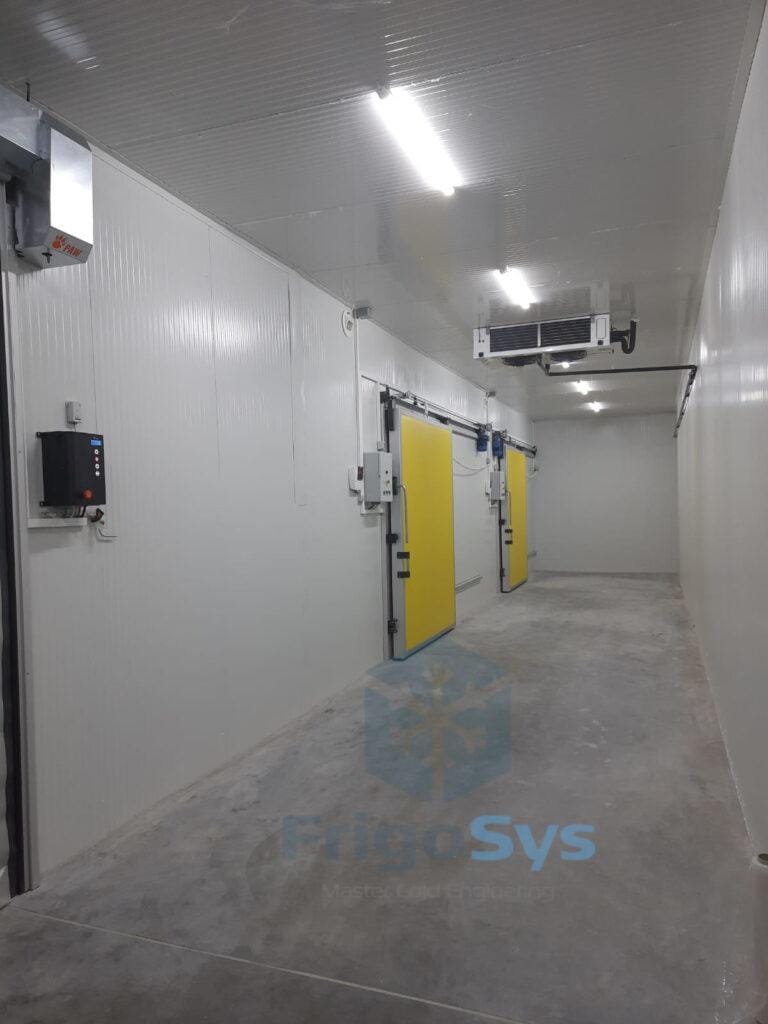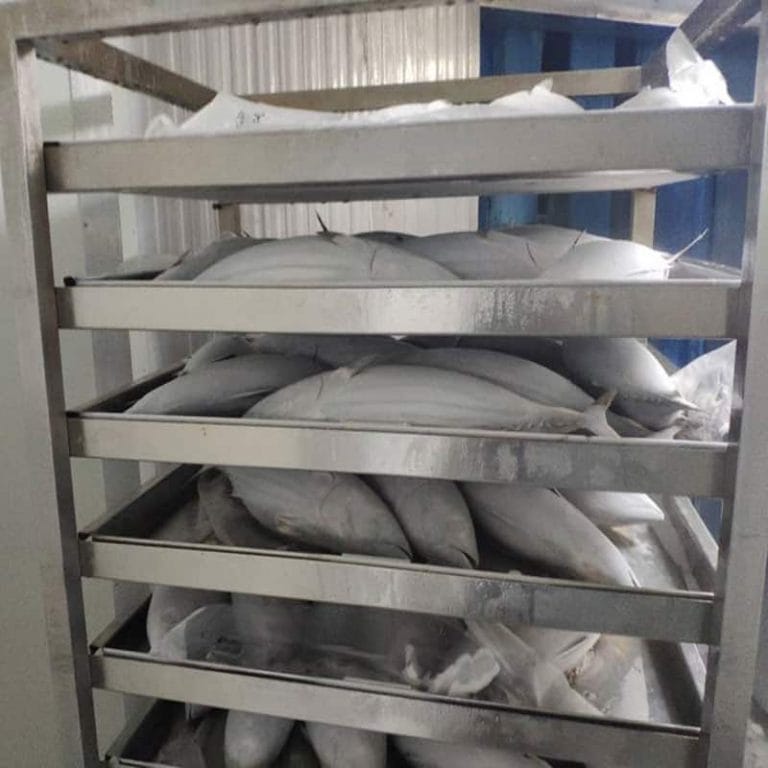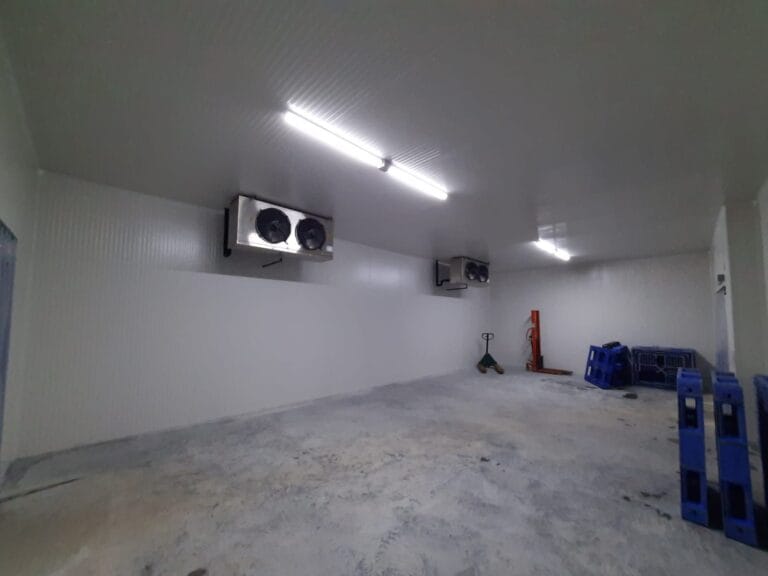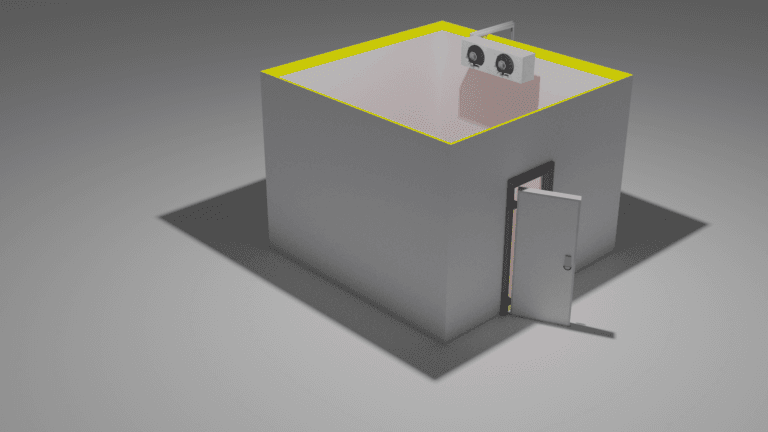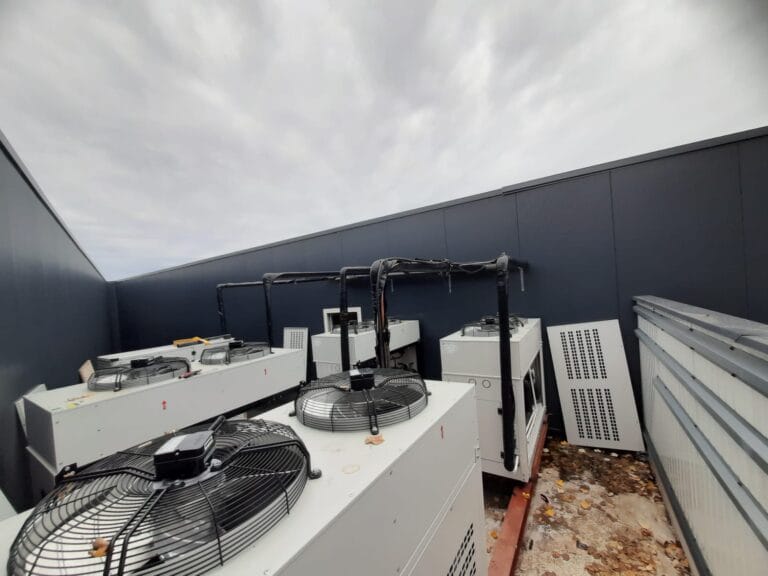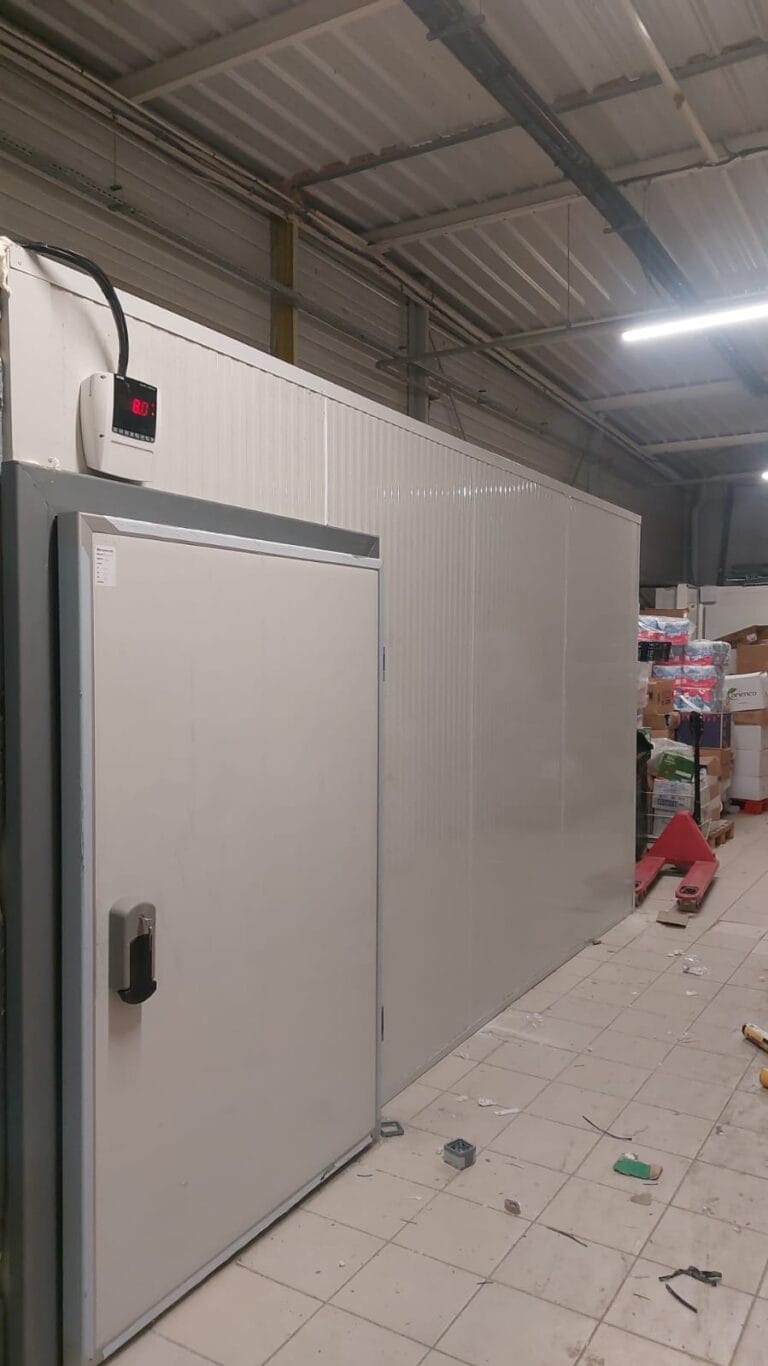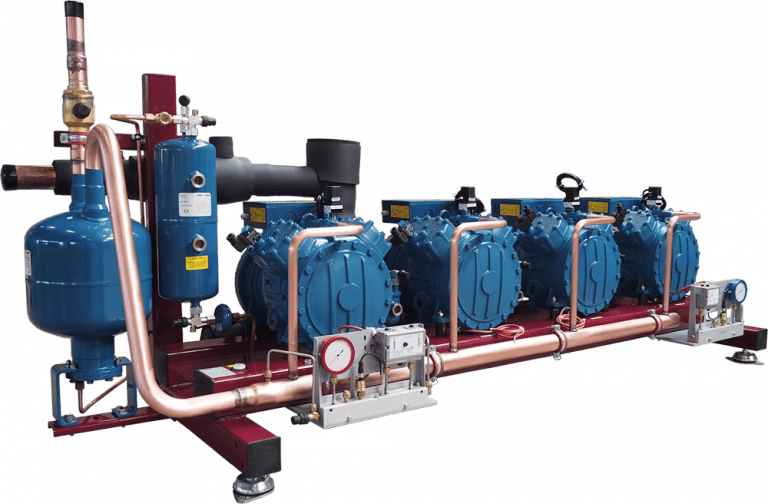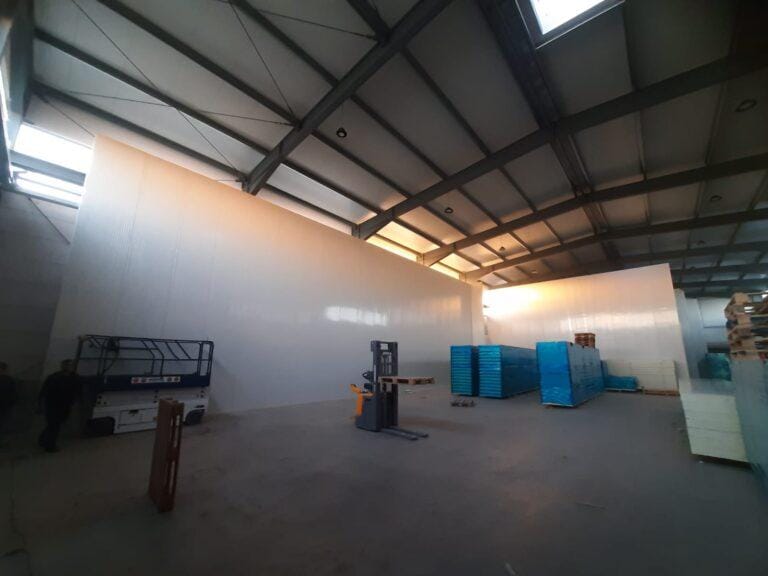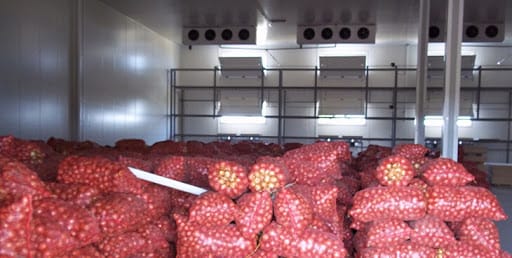In this article, we will give information about the problems that can be experienced in cold room doors.
The Importance Of Cold Room Door
Over the past years, we have collected remarkable information on what happens to cold room panels, cold room doors, and fittings after installation. The range of applications is wide enough to cover the vast majority of post-installation failure cases in many countries.
What Is The Purpose Of Cold Room Door?
The cold storage door is the entry point to the cooling room, it is the active part of the building. In some cases, we only open them a few times a day. Sometimes the cold room doors open and close all day. This mechanical process may cause problems in long-term use.
Hermeticity of Cold Room Door
Hermeticity means that there is no contact between the internal environment and the external environment. Of course, when we open the door of the cold storage, we damage this integrity, but when we close the door, we restore it.
So, why is the sealing of the cold room door at risk? Let’s look at the most common causes:
- Aging of the gaskets
- Locks Breakdowns
- Damages caused by transportation vehicles
- Ice formation due to air leaks

Aging of Gaskets
Rubber seals completely cover the surface where the door leaf meets the door frame and prevent air leaks. They should be soft enough to conform to the frame shape in terms of sealing. Their softness is their weak spot: when the gasket breaks, we must fix it immediately.

Locks Breakdowns
Employees can pull door handles several times a day, sometimes the wrong way, causing them to break. A broken handle will leave the door slightly open, which wastes energy and builds up ice.
Damages caused by transportation vehicles
Using a transport vehicle at -20°C can be cumbersome; It may cause the cold room doors to slam as a result of the vehicle getting out of control on slippery floors. If the impact is severe, the cold room door loses its feature and becomes unusable.

Ice formation due to air leaks
If we leave the cold room door open, condensation will cause ice formation on the back and sides of the cold room doors. This ice will not melt easily and will gradually increase and eventually close the door. Prevention is important: Teach your employees how to use cold room doors correctly.
If the doors are large, consider adding automation. Do the maintenance regularly: try to remove the ice if you see it. Add flexible door guards: they prevent damage to doors. Keep a small stock: gaskets, handles, and heating cables.

